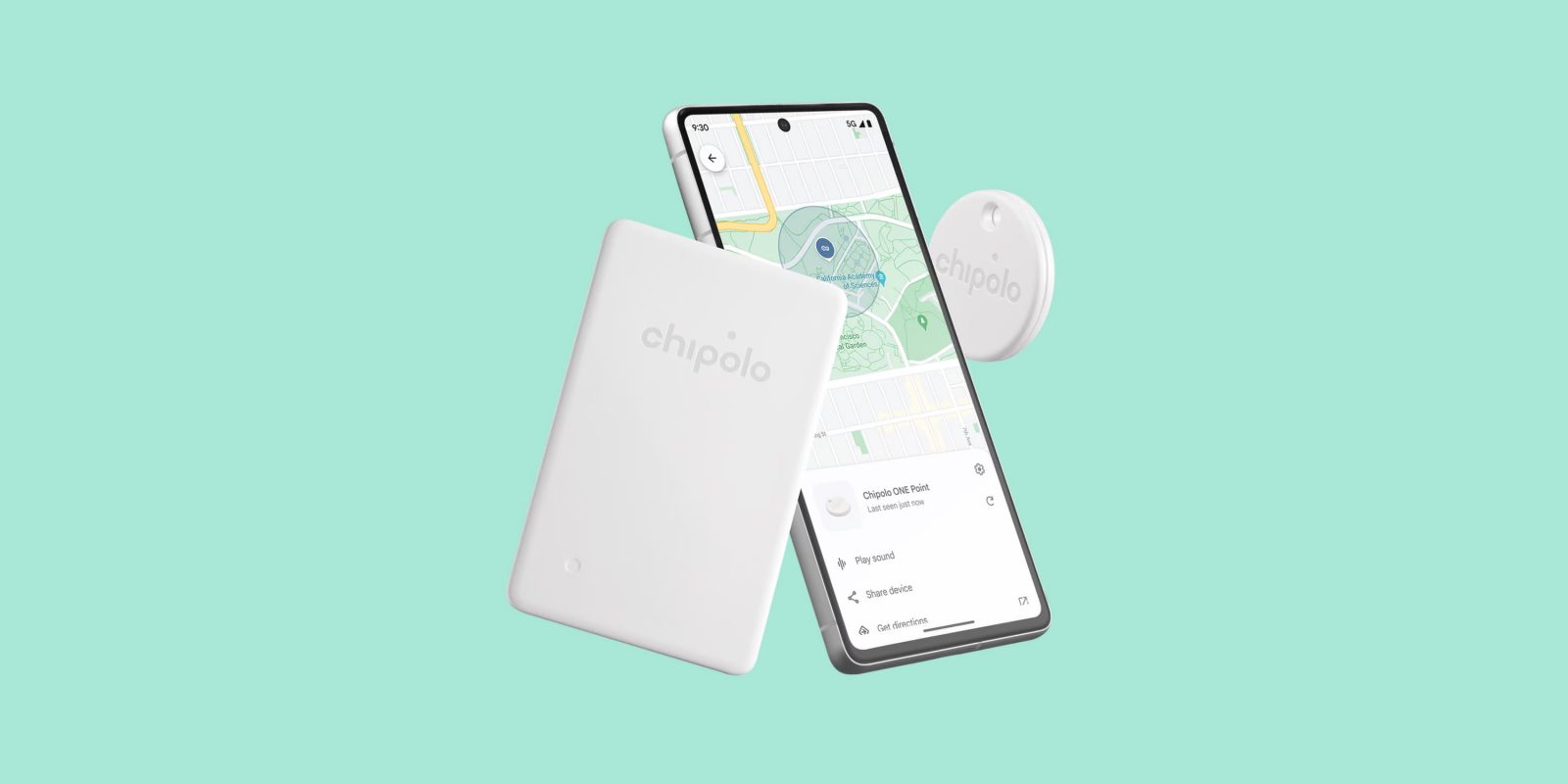
Launched to the public in 2024, the “Find My Device” network leverages billions of Android smartphones to find your devices, and also AirTag-like trackers. Here’s a list of trackers that are available for Andorid.
First announced at Google I/O 2023, the “Find My Device” network builds on the back of Android’s existing “Find My Device” app. The app has been used for years to help users find their lost smartphones, smartwatches, and, in recent years, even headphones. Google went on to delay the network for quite a while, finally launching it to the public in mid-2024 and improving it over time.
The way this network works is by leveraging nearby Android phones to report back the location of a lost item, such as a smartphone or tablet, or even an AirTag-like tracker. The owner can see that location update regularly as it’s pinged by nearby smartphones.
AirTag-like trackers for Android
Pebblebee Universal series
window.adSlotsConfig = window.adSlotsConfig || [];
adSlotsConfig.push( {
slotID: ‘/1049447/Outbrain’,
slotName: ‘div-gpt-ad-outbrain-ad-570001’,
sizes: [300, 250],
slotPosition: ‘mid_article’
} );
One of the most reliable and flexible options that’s come to market thus far is the Pebblebee Universal series. Coming in three form factors – Tag, Clip, and Card – these trackers can work with either the Find My Device network for Android, or the Find My network for Apple devices, the same one used by the AirTag. You can’t use both at the same time, but it makes for a flexible product that can follow you between ecosystems.
Pebblebee Universal trackers are available for $35 each, with discounts available on multi-unit packs.
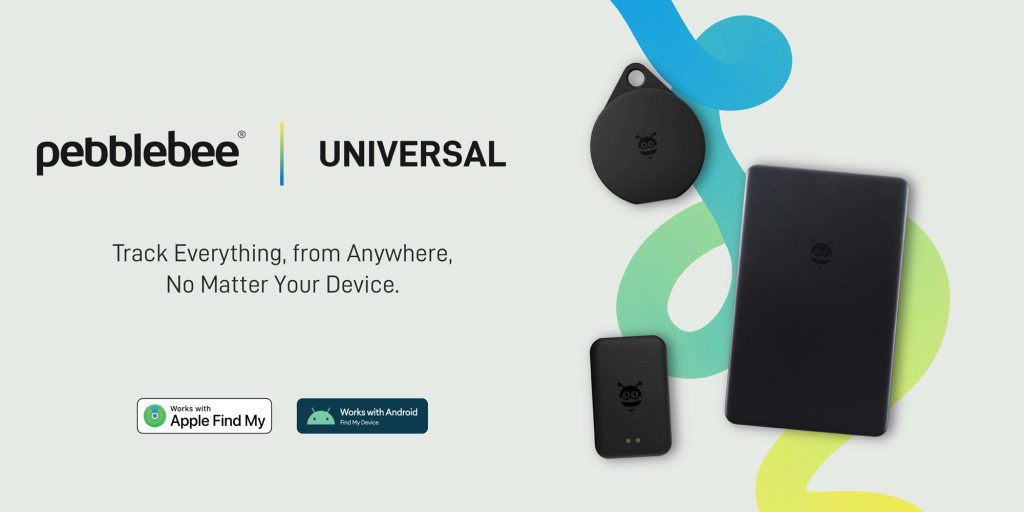
Chipolo Point series
The Chipolo One Point and Chipolo Card Point both work with the network and cost $28 and $35 respectively. That’s $3 more and $5 more than the non-Find My Device versions of these products, but it matches the cost of Chipolo’s trackers that work with Apple’s network. You can also get a bundle of the two for $77, a 15% discount.
These trackers are also often on sale, with the One Point occasionally available for as low as $22.
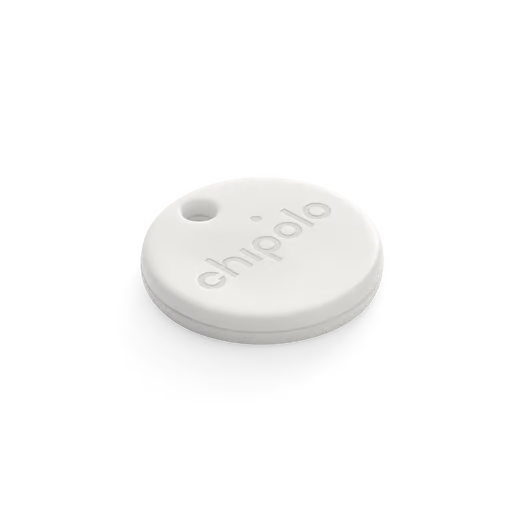
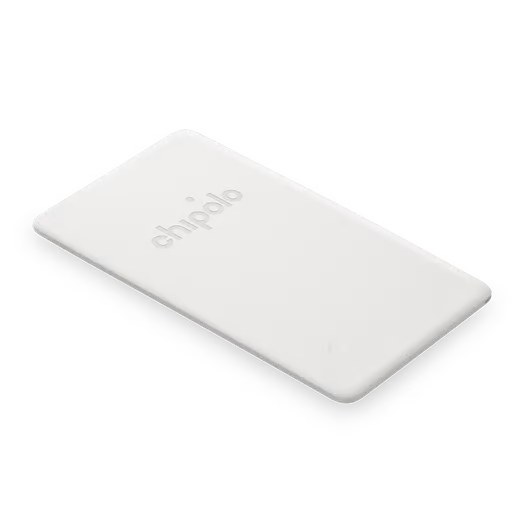
Moto Tag
The only Find My Device tracker (so far) with UWB support, the Moto Tag has a couple of tricks up its sleeve.
The compact tracker works like an AirTag in Google’s network, but also has its own app which allows the button on the tracker to serve as a shortcut on your phone, including to find your phone. UWB support will eventually lead to precise location tracking, and the design of the Tag also allows it to fit inside of accessories made for Apple’s AirTag, the only Android tracker which can do that currently.
Moto Tag is available for $29.99, though you’ll need to buy a 4-pack if you want to get it through Amazon.

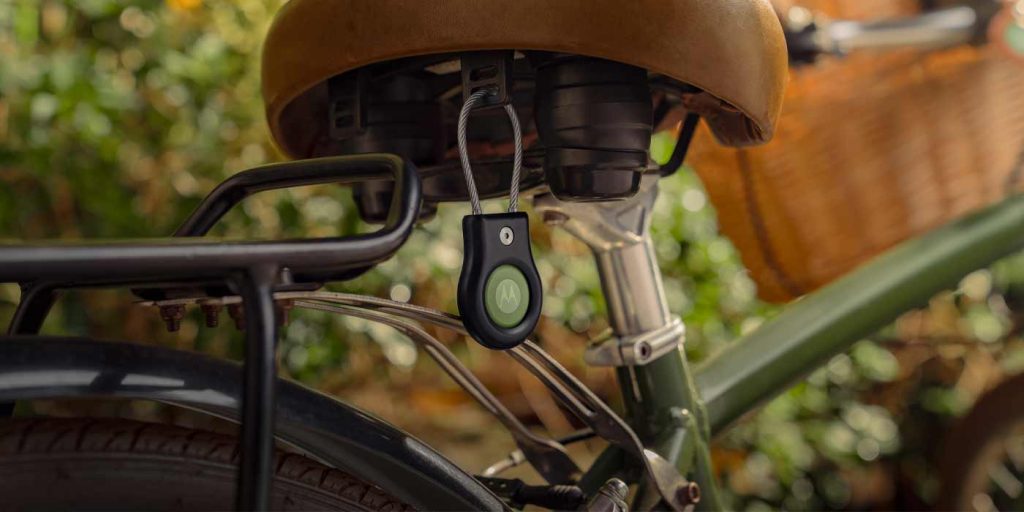
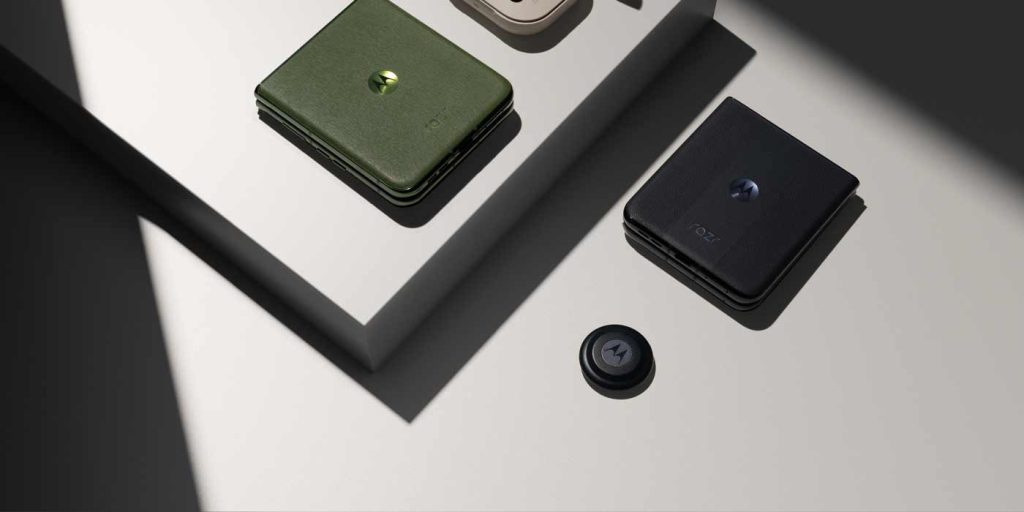
MiTag
The MiTag launched for Android’s Find My Device network in late 2024 without any fanfare, but delivers value that the other trackers on this list don’t match. For $18 (often less) it delivers support for the Find My Device network with a form factor similar to the Chipolo One Point and Pebblebee Clip.
There’s also a “MiTag Duo” which supports both Google and Apple’s networks, just like Pebblebee’s Universal lineup.
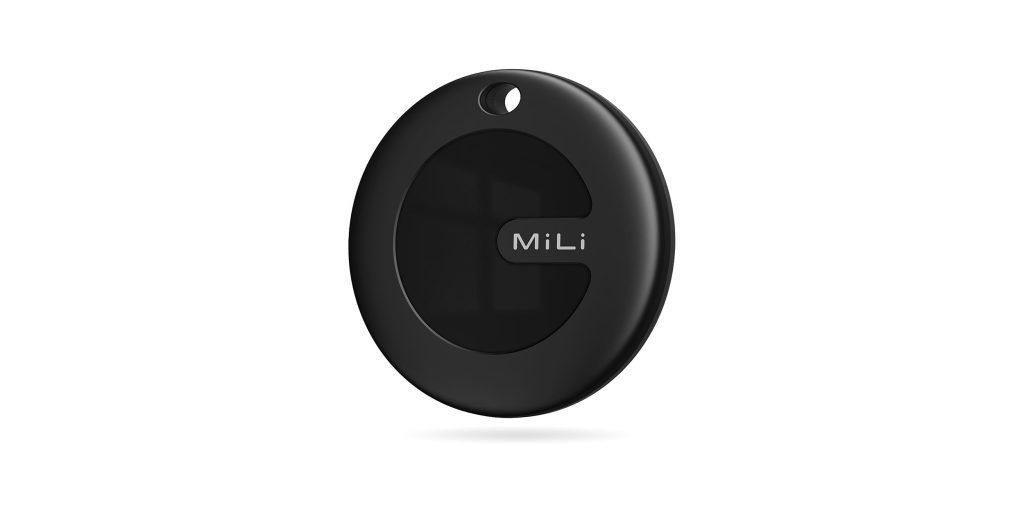
Find My Device trackers coming soon
There are more Find My Device trackers in the pipeline, but this is a product type that also tends to rely on crowdfunding, so if you’re waiting for any of these, don’t hold you breath…
AirCard Pro and AirNotch Pro
Coming from “Rolling Square,” the AirCard Pro and AirNotch Pro have some clever hardware including ultra-loud sirens, better water resistance, and even glow-in-the-dark elements. These trackers will be sold for just under $40. They were funded on Kickstarter initially and are due to start shipping to customers through the company’s online store in April.
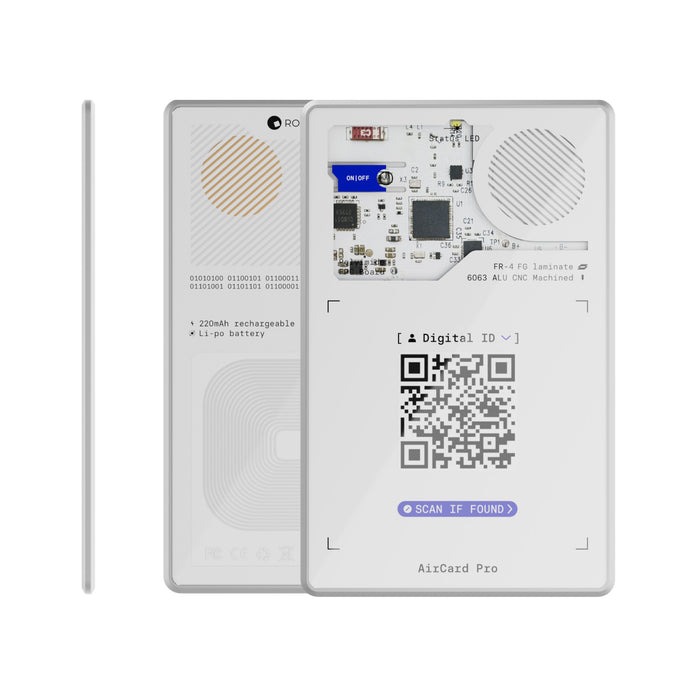
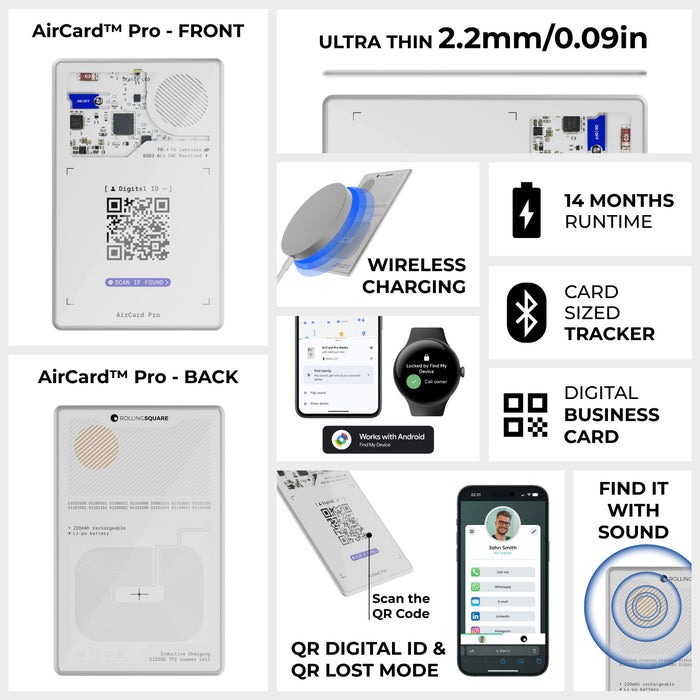
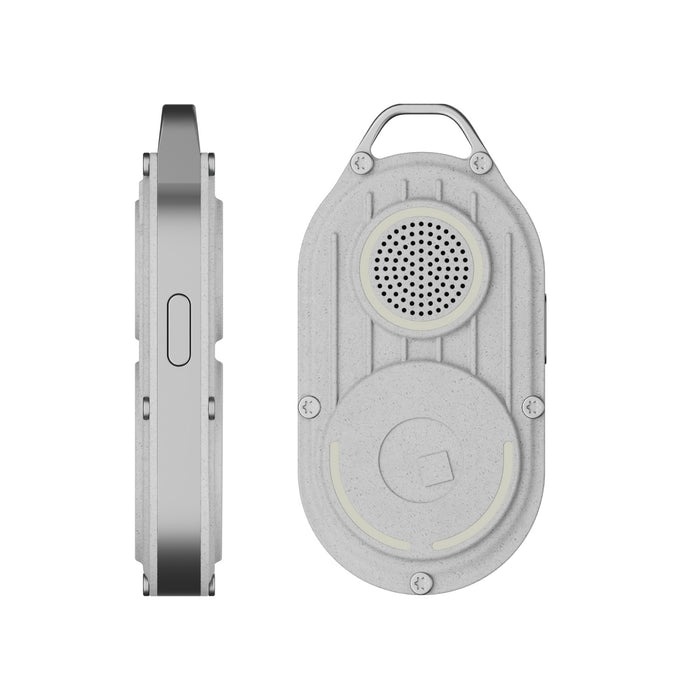
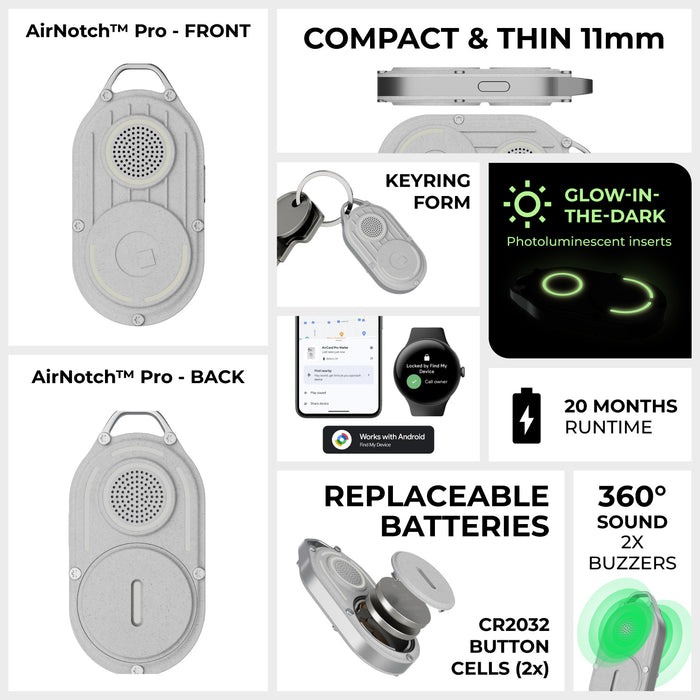
Currently funding on Kickstarter, the “PhotoTag” is a tracker that works with both Google and Apple networks and has an e-ink display that can be customized with photos, text, and even QR codes to help you recover lost items. That is, if it ever ships. The track record here is unclear, but the project has been fully funded.
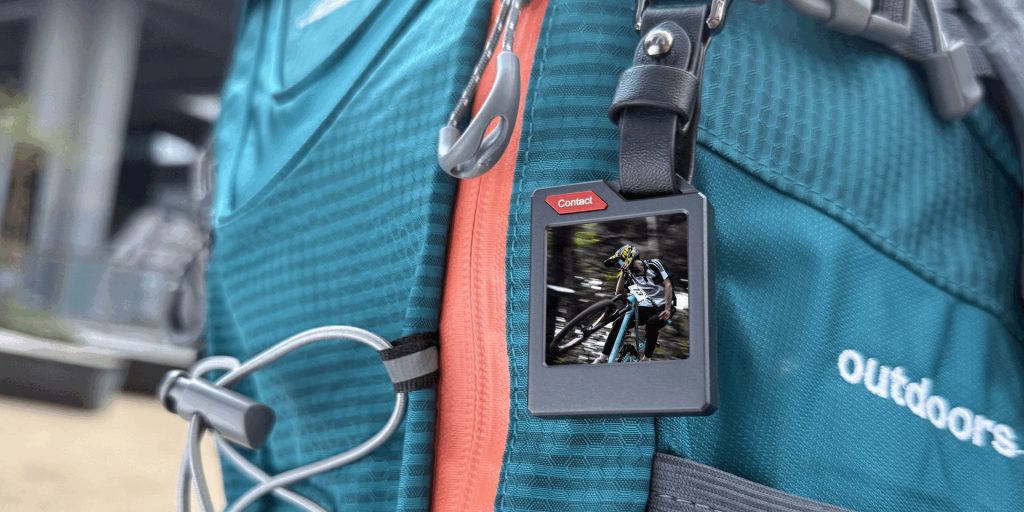
Eufy SmartTrack
Eufy was supposed to be an initial partner of Google’s for the Find My Device network, but the company has delayed its trackers time and time again. As of January 2025, the company says it is “still testing” SmartTrack expansions to Android, but there’s been no word in the time since. Eufy has trackers for Apple’s Find My network already available, and they’re a great value too.
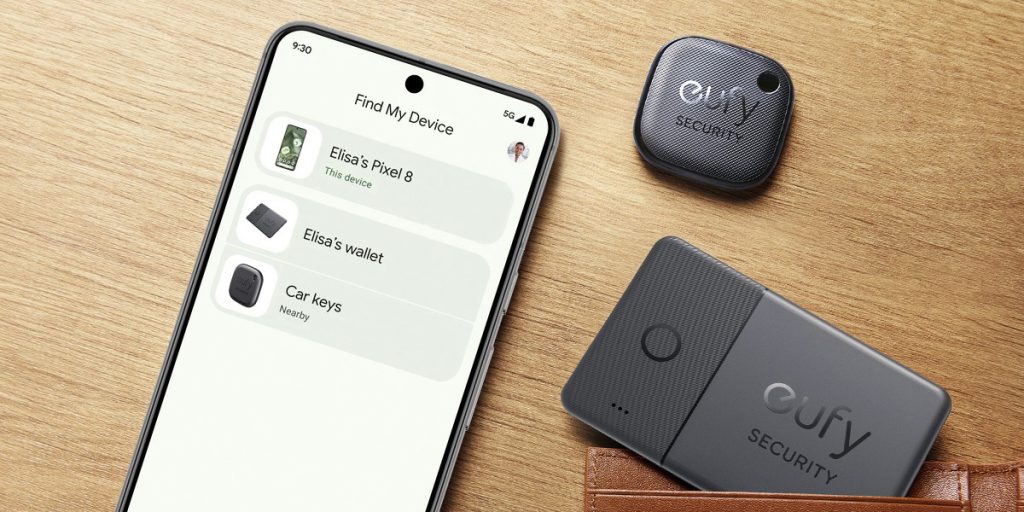
How to get the most out of the Find My Device network
As a reminder, the Find My Device network, by default, operates only in crowded areas. If you want to get the most out of it – and, in turn, make it better for everyone else – you’ll want to change those default settings to let the network work in “all areas.”
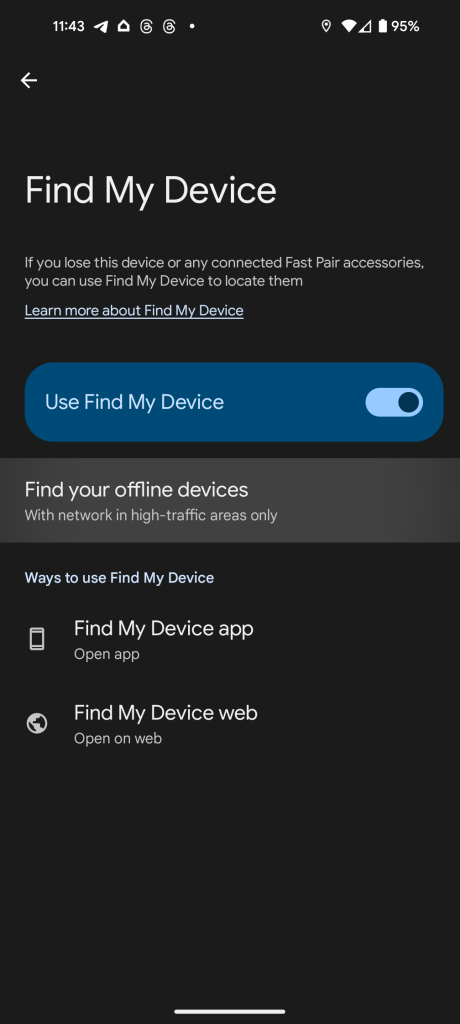

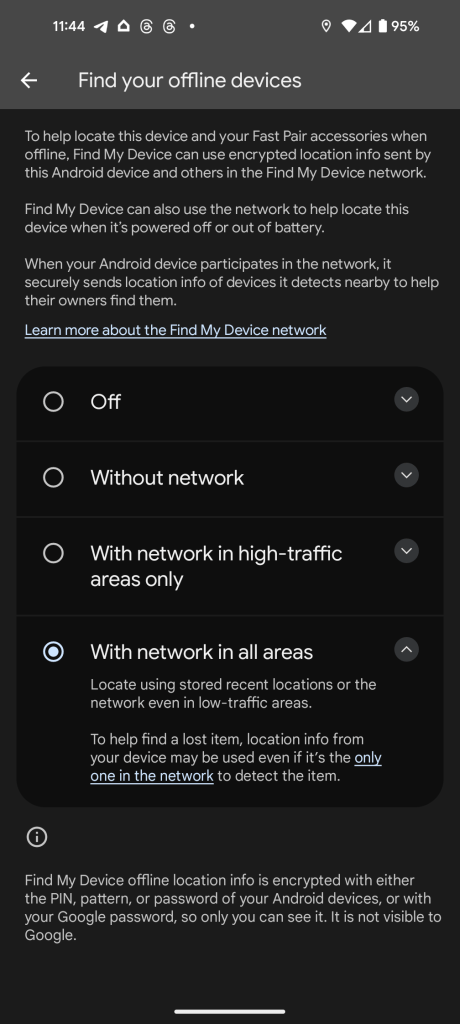
More on Find My Device:
Follow Ben: Twitter/X, Threads, Bluesky, and Instagram
Post updated 3/24/25 with details on new trackers.
FTC: We use income earning auto affiliate links. More.
<hr>
<p><strong>🚨 Disclaimer(Because Lawyers Exist):</strong> This article was scraped, gathered, and possibly abducted from <a href=”[source_url]” target=”_blank”>[source_url]</a>.
Any hot takes, controversial opinions, or mind-blowing insights belong to them, not us.
So if you disagree, kindly direct your complaints to the source—or scream into the void, whichever works.</p>
<p><strong>🤖 AI Shenanigans:</strong> Some parts of this article were optimized, polished, and possibly rewritten by **our AI overlord** to make it more readable, engaging, and SEO-friendly.
So, if it sounds smarter than usual, thank the machine. If it sounds weird… well, also blame the machine.</p>
<p><strong>💸 Affiliate Hustle:</strong> This post may contain affiliate links (Amazon, BestBuy, or some other capitalist empires).
If you buy something through these links, we might make a few bucks—at no extra cost to you!
Consider it a **”digital high-five”** for bringing you this awesome content. <a href=”https://your-affiliate-link.com”>Check out our recommended deals here.</a></p>
<p>🔥 Stay informed, stay entertained, and don’t sue us. Haxx! 🎉</p>
